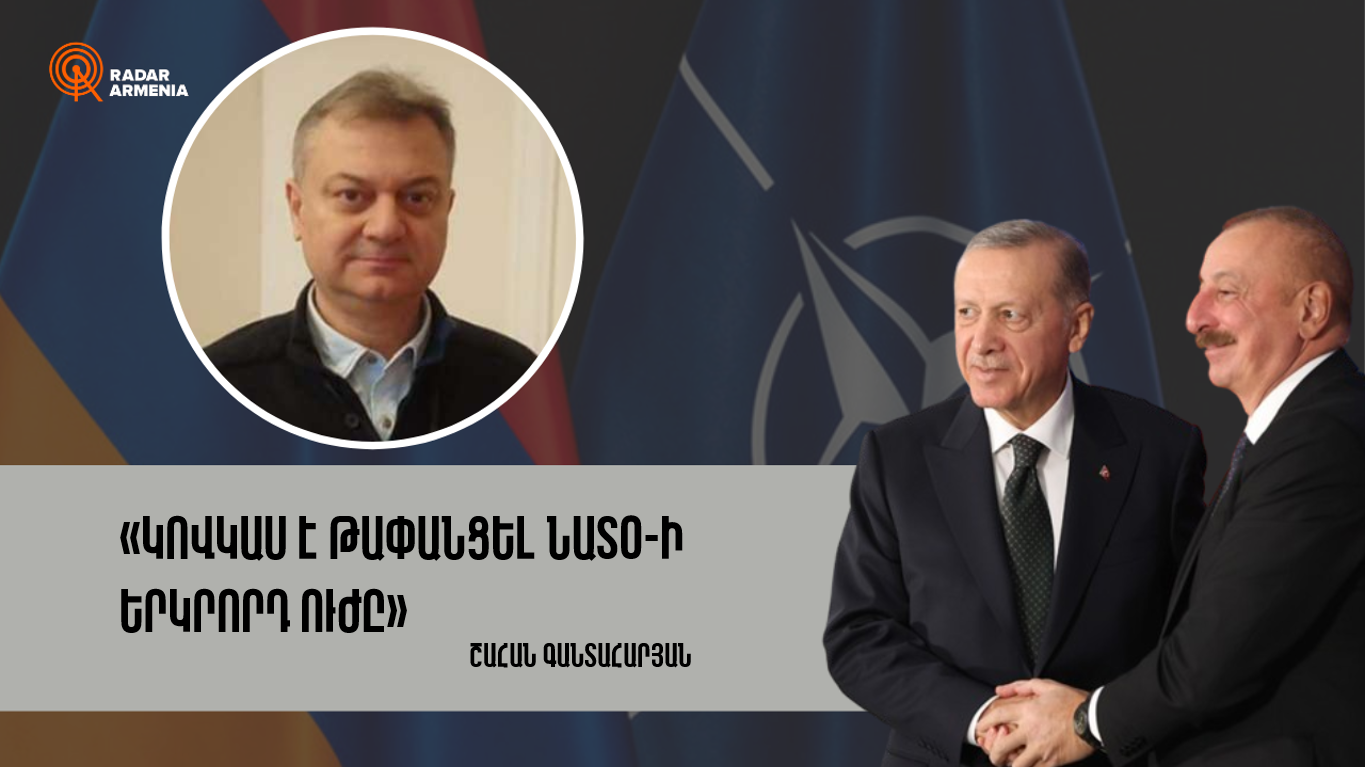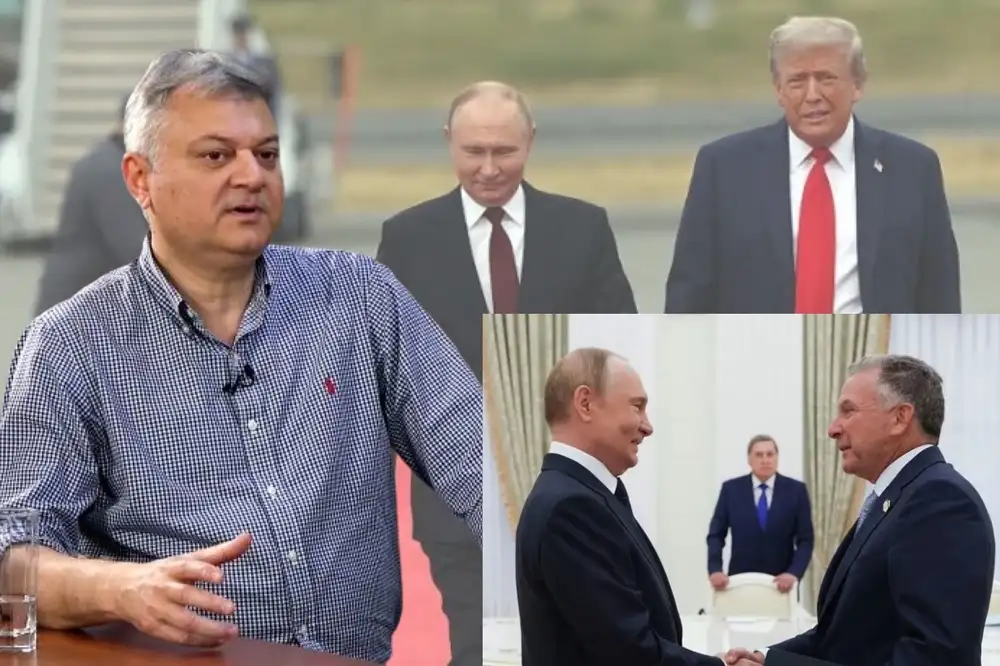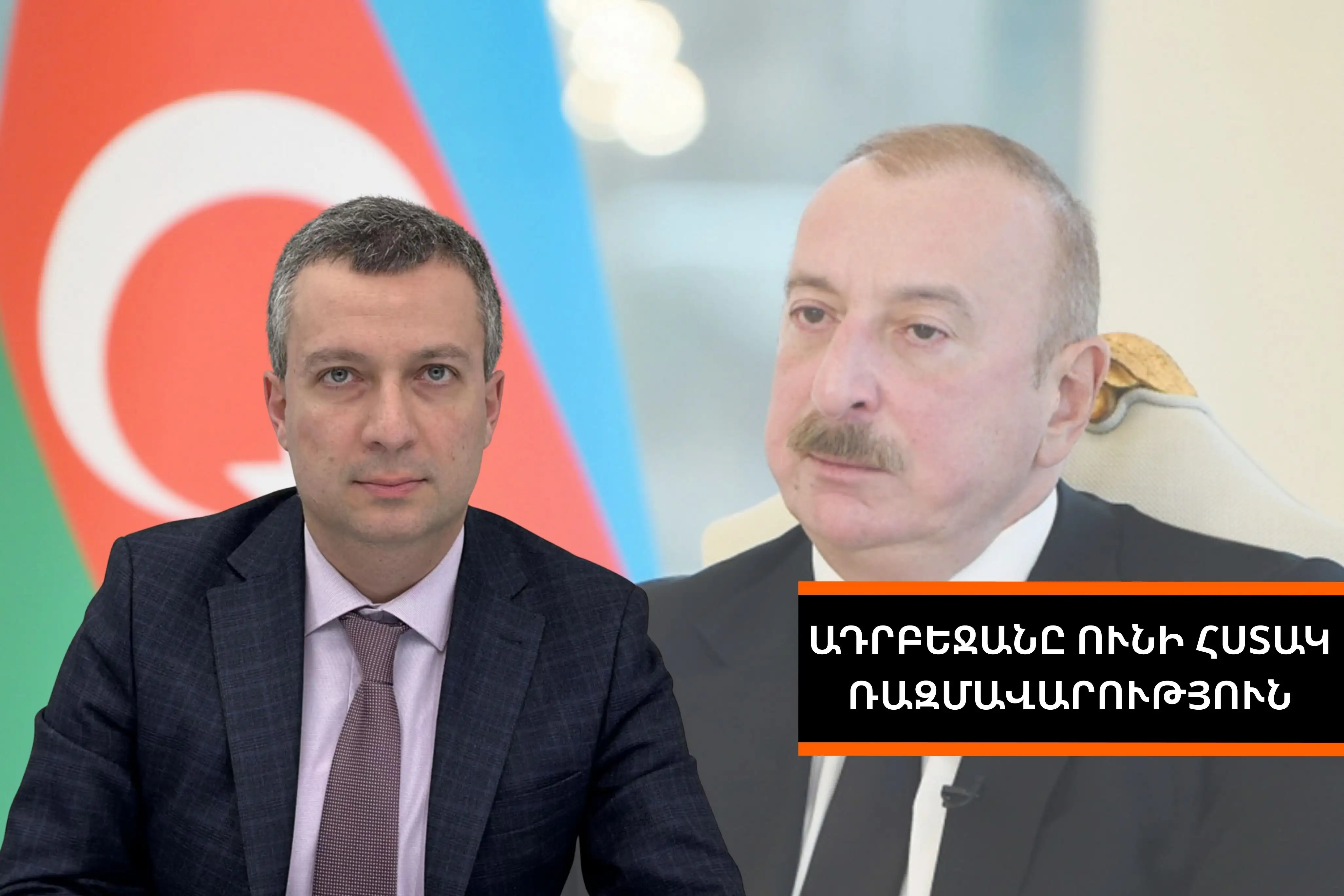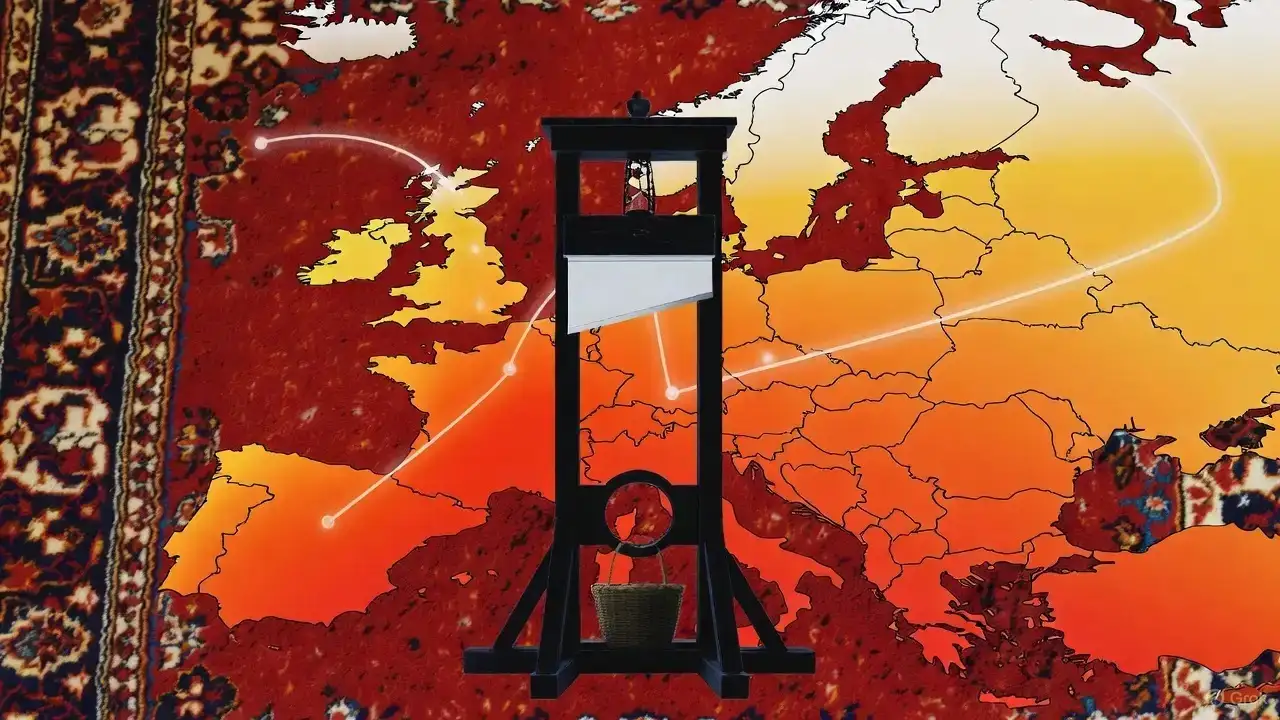Radar Armenia's interlocutor is international expert Shahan Gantaharyan.
- In recent days, Azerbaijan has accused Armenia of shooting at the border, although the Armenian side has always denied it. What does this mean? Why does Azerbaijan make such accusations?
This is the traditional behavior of Azerbaijan: baselessly accusing Armenia of being the first aggressor, violating the ceasefire, and now creating tension on the border. This behavior will continue. What he is doing is trying to blame the Armenian side. Such behaviors and manifestations should be understood in the general context of Baku's torpedoing of the peace process.
- On the other hand, high-ranking officials of Armenia and the Foreign Ministry are discussing the possibility of signing the peace agreement in a month. Can we say that the shootings are a denial of Azerbaijan's intention to go to peace?
Optimistic statements and the situation on the ground often contradict each other. Now, here is another picture of it: Baku endlessly renews its preconditions, then takes a stand and pushes a new precondition forward again. It wants to get the most out of this general situation. The shootings should be understood as part of this negotiation tactic.
- NA Vice President Ruben Rubinyan announced that the Armenian-Turkish border checkpoint is ready. Armenia has taken all the necessary steps, but Turkey has yet to take any. Why is Turkey hesitating in this matter?
- The border between Armenia and Turkey, or, in general, the establishment of Ankara-Yerevan relations, is conditioned by the success of the Armenian-Azerbaijani negotiations. This is an essential component of the precondition policy of the Turkish-Azerbaijani tandem. Contrary to the agreement, the slide was not opened either for citizens of third countries or diplomatic persons. They still need to start repairing Ani's historic bridge. All these will begin to be discussed when the Armenian-Azerbaijani problem is solved. Of course, by proposing a solution, Ankara and Baku will understand what they imagine.
- In this context, I would like to address Armenian-Azerbaijani relations. Do both of them want peace and the establishment of relations with Armenia? Do their interests coincide?
- Ankara and Baku combined and coordinated their interests with Shushi's declaration. Shushi's declaration uses the "one nation, two states" formula about the Armenian factor. , Baku coordinates all actions with Ankara. And here, we should notice a different direction. Azerbaijan deepens its dependence on Turkey. In a more distant perspective, it is the establishment of Ankara in the Caucasus. From a geopolitical point of view, the tendency to remove the Caucasus from the Russian domain is objectified step by step.
- In this context, do the interests of Russia and Turkey and Russia and Azerbaijan coincide in terms of achieving peace?
3+3 is nominated mainly through Ankara. It is true that Iran also takes a share. From a more global perspective, the region, previously considered a Russian sphere of influence, is now fragmented among the leading players. From time to time, it should be remembered that the second force of NATO has entered the Caucasus. NATO, whose members are the countries bordering the Russian Federation, is in the Nordic section.
Arman Galoyan


















